SMSC at Claytons
Spiritual, moral, social and cultural development
#proudtobeclaytons
At Claytons we believe that our pupil’s spiritual, moral, social and cultural development is vitally important. It underpins everything that we do. We are aware that it enables them to be happy, co-operative and secure and in turn leads to successful learners.
SMSC isn’t taught as an isolated subject but crosses topics, situations and events that occur in school. In addition, our Resilience and Wellbeing Curriculum, focus on our School Values, Global Learning and the importance of British Values all act as vehicles to promote SMSC.
Claytons School Values
C L A Y T O N S
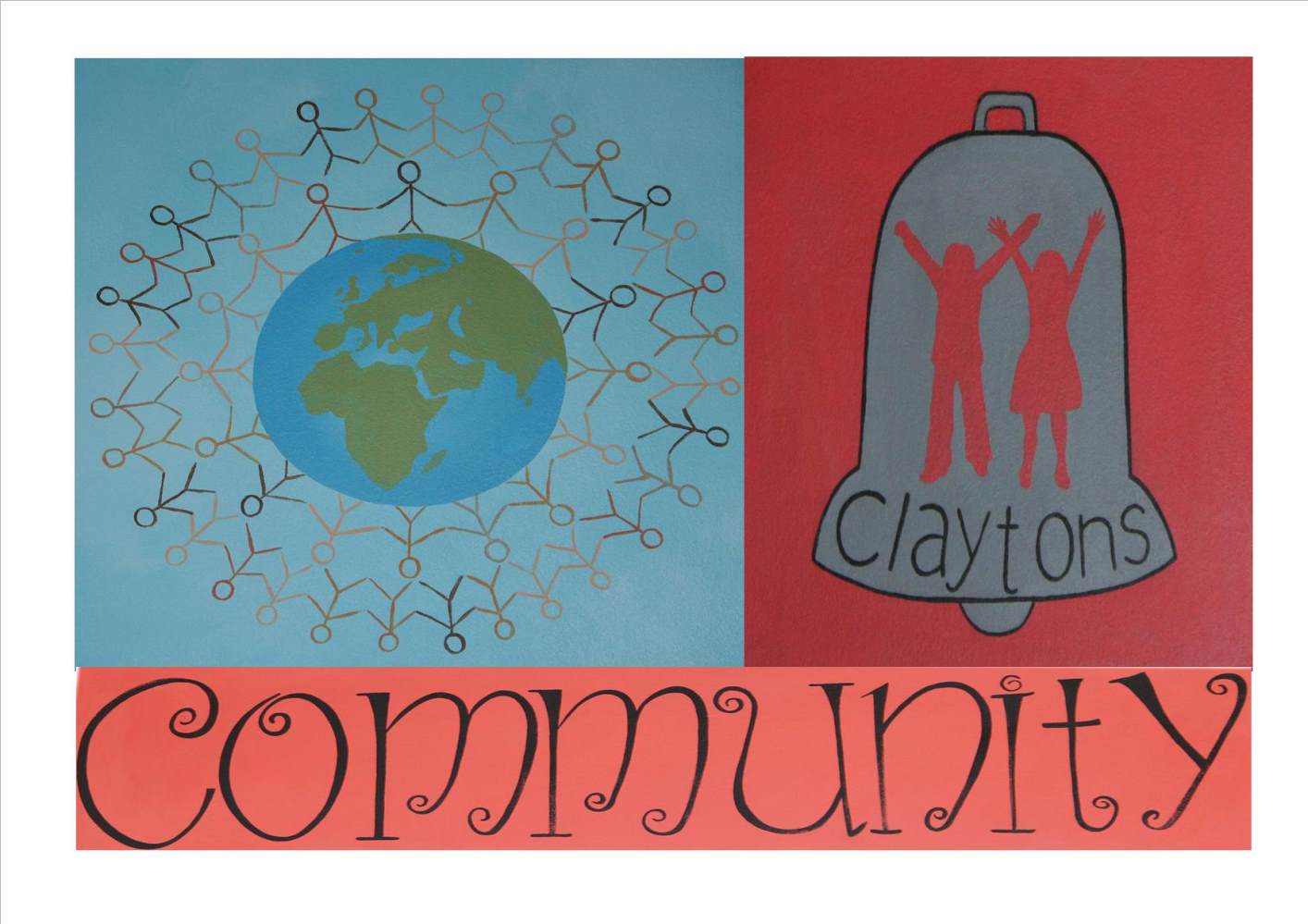
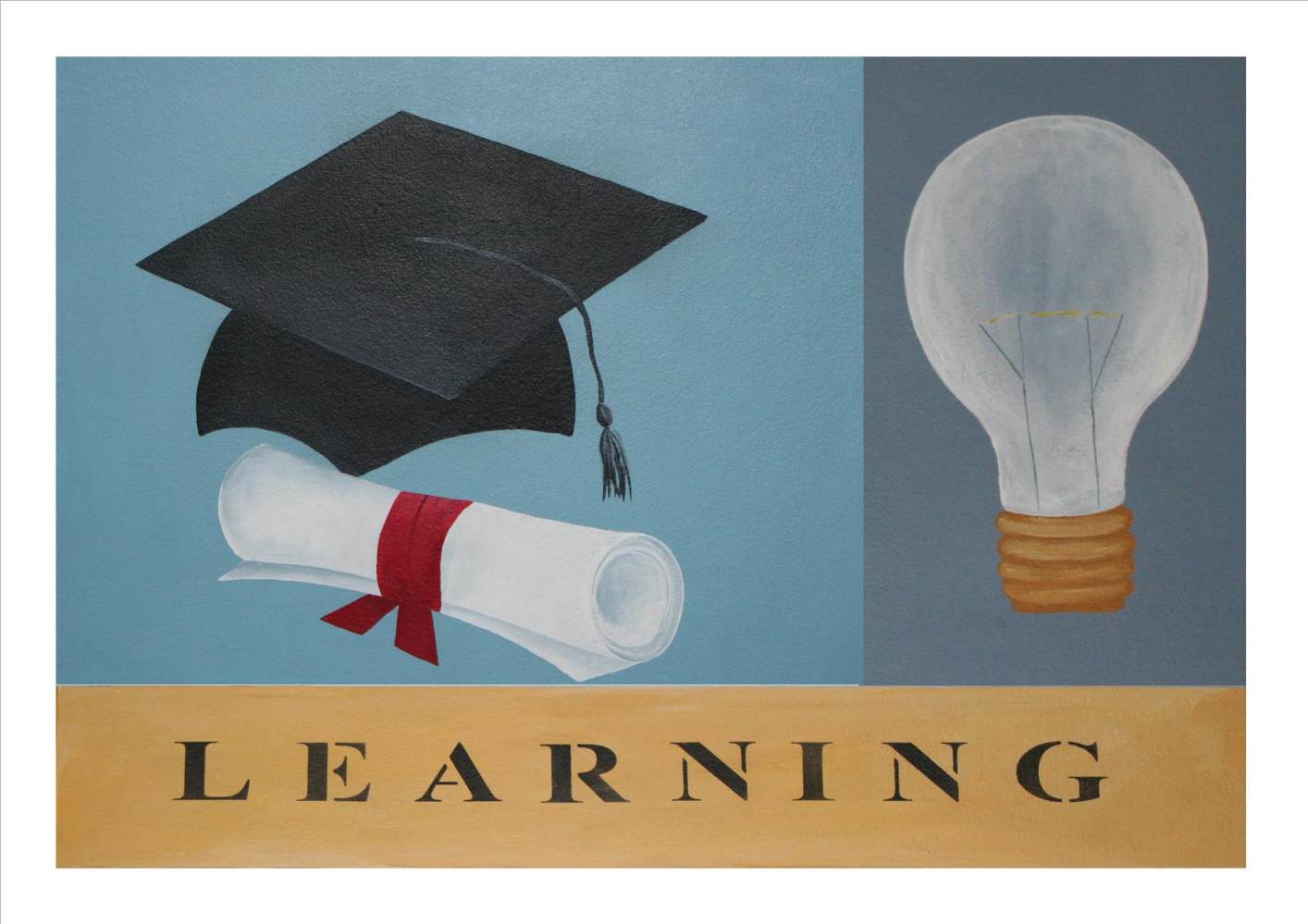
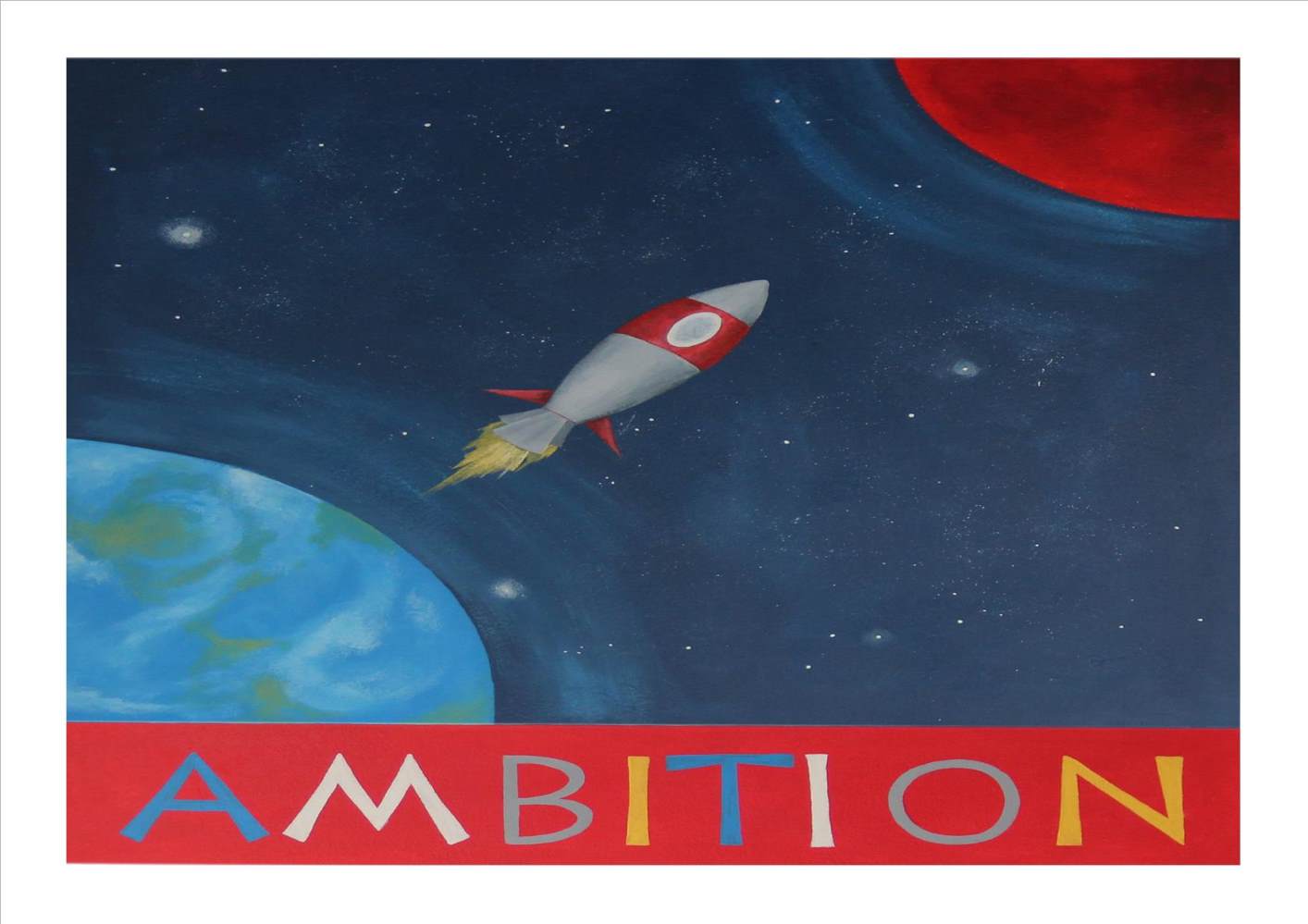
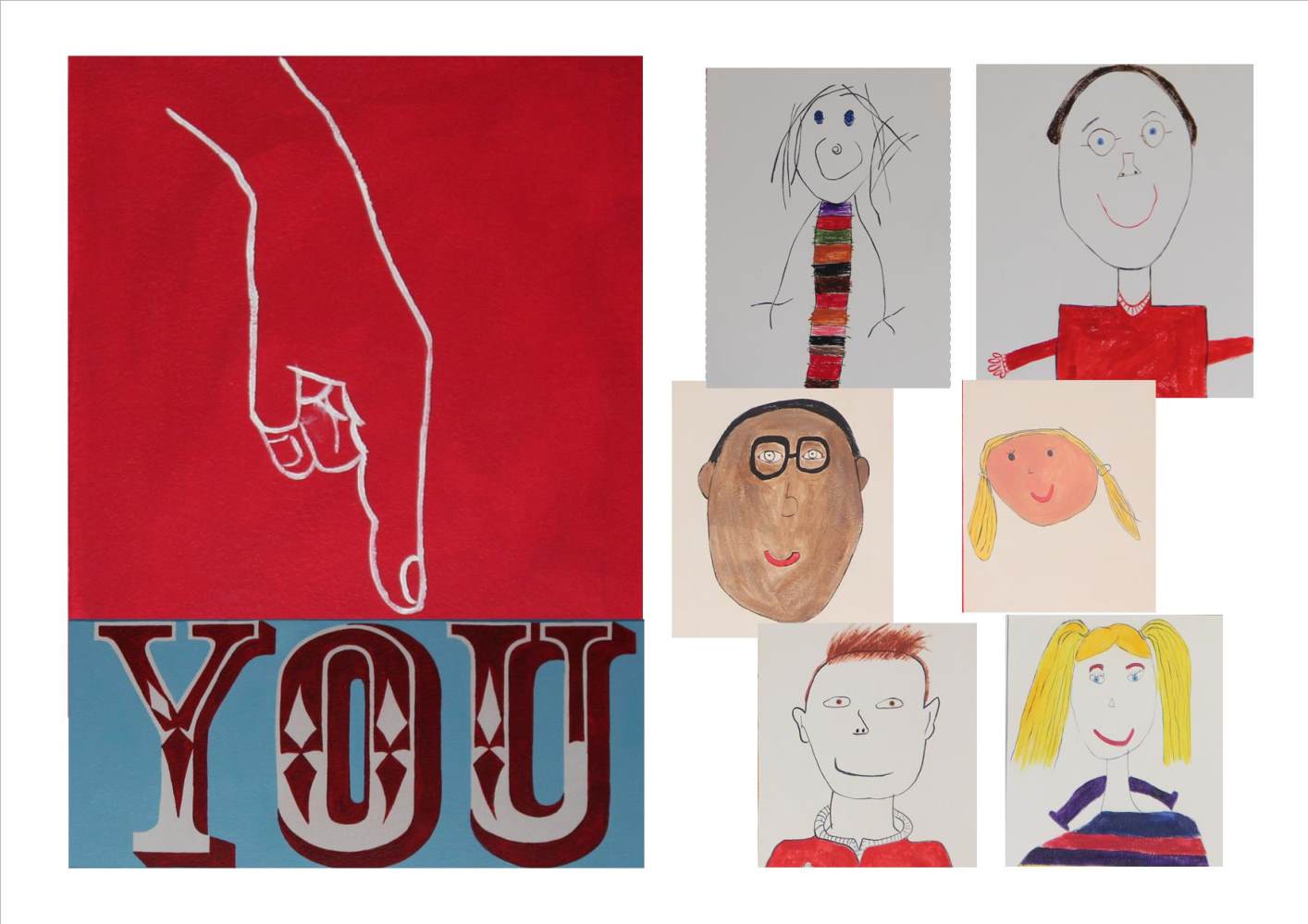
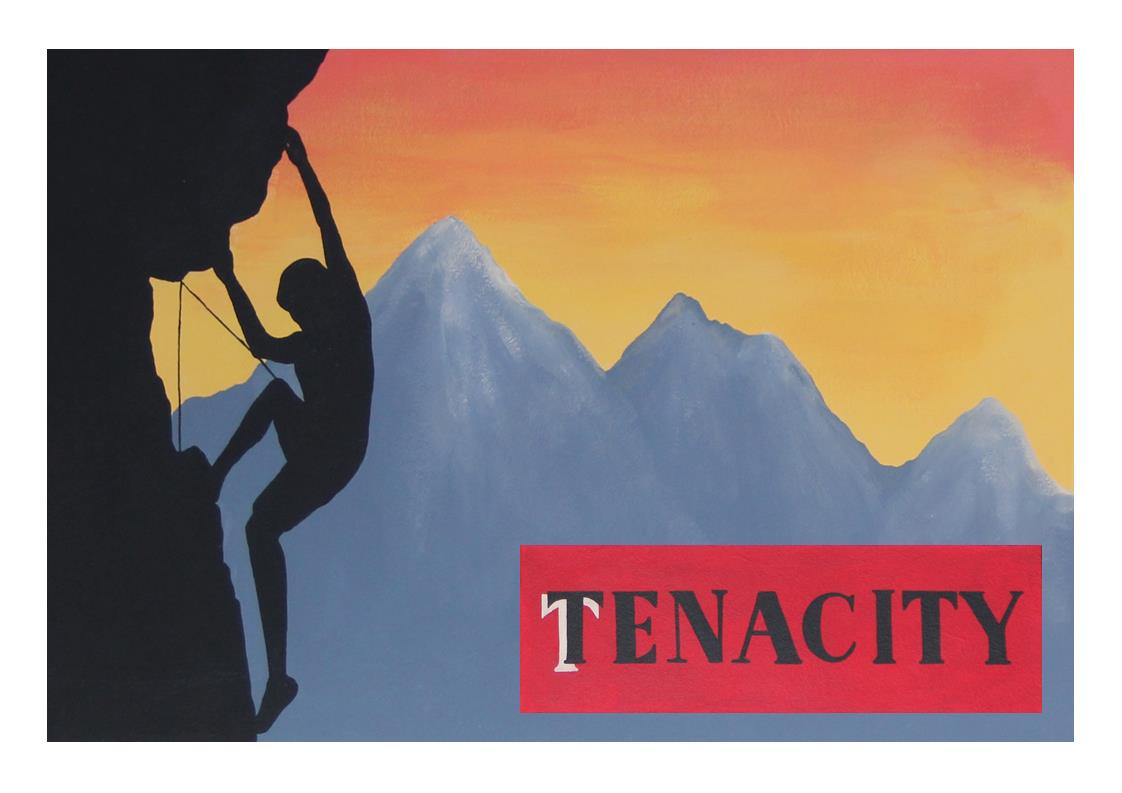

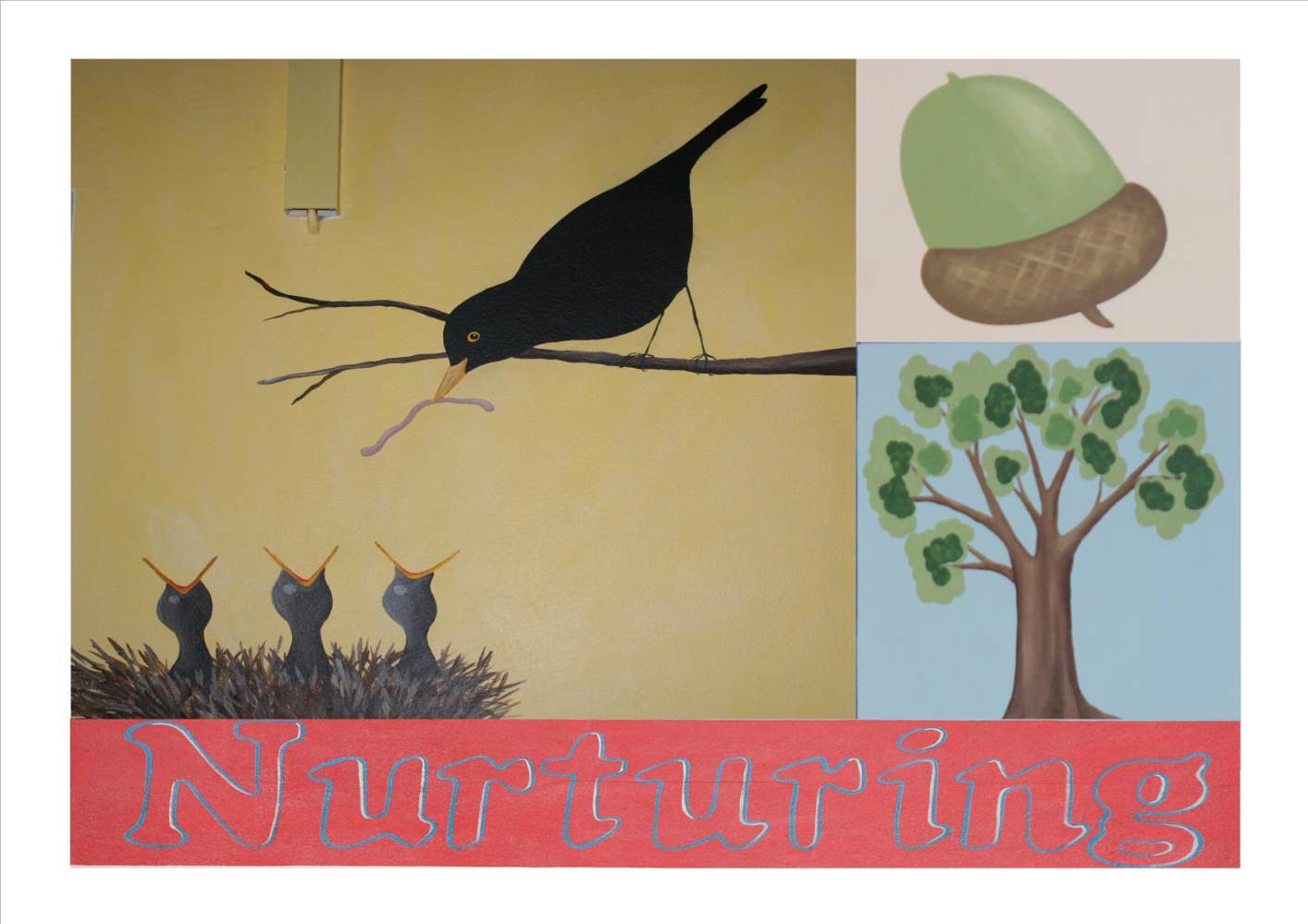

C L A Y T O N S








Global Learning Programme
We feel that it is important to encourage our pupils to become Global Citizens. We help them to understand people from other countries and their contribution to our world, be aware of the wider world, respect and value diversity, understand how the world works, understand social justice and take responsibility for their actions. Therefore we plan units of work, lessons and assemblies with a global theme where appropriate.
Initially the pupils are encouraged to question stereotypes and look for similarities as opposed to differences.
Please watch the ‘TED talk’ link which helps to explain why a good global understanding is so important.
(http://ed.ted.com/on/oQQimtYK)
We feel that it is important to encourage our pupils to become Global Citizens. We help them to understand people from other countries and their contribution to our world, be aware of the wider world, respect and value diversity, understand how the world works, understand social justice and take responsibility for their actions. Therefore we plan units of work, lessons and assemblies with a global theme where appropriate.
Initially the pupils are encouraged to question stereotypes and look for similarities as opposed to differences.
Please watch the ‘TED talk’ link which helps to explain why a good global understanding is so important.
(http://ed.ted.com/on/oQQimtYK)
British Values
British values form part of the foundation of our learning both inside and outside the classroom. They are integrated into the day to day life of the school. We aim to enable the pupils to develop self-esteem and self-confidence; distinguish right from wrong, respect the law and accept responsibility for their behaviour; contribute positively to the lives of others; encourage harmony between different cultures and faiths and recognise their own; have respect for other people, democracy and support the democratic processes.
According to Ofsted, 'fundamental British values' comprise of:
· democracy
· the rule of law
· individual liberty
· mutual respect for and tolerance of those with different faiths and beliefs and for those without faith.
School Inspection Handbook from September 2015
Click here to link to our British Values policy
